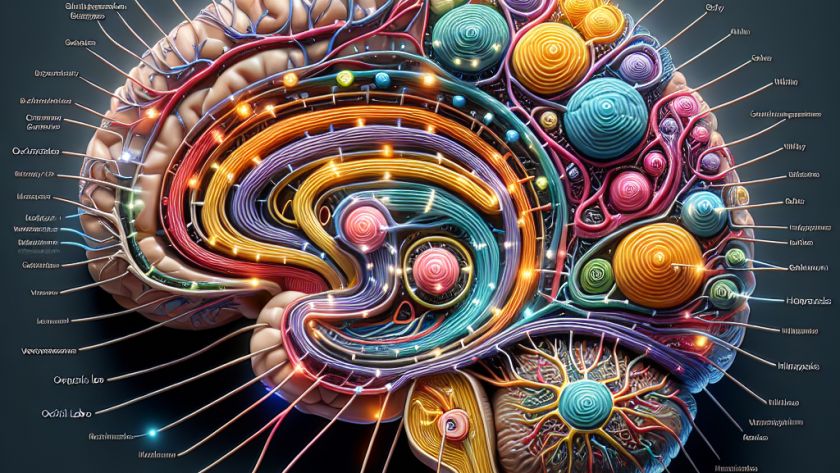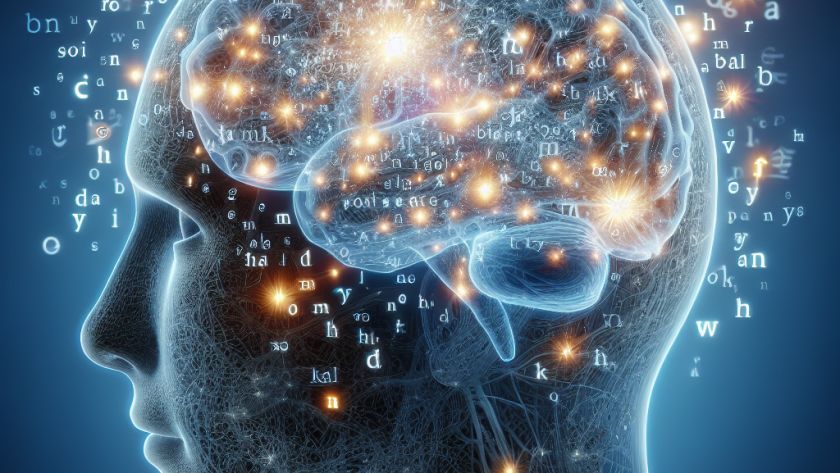MIT neuroscientists have used an artificial language network to determine the type of sentences that most stimulate the brain's key language processing regions. Their study reveals that the brain reacts more to complex sentences with unusual grammar or unexpected meaning. Straightforward sentences or nonsensical sequences show little engagement. The researchers focused on language processing regions…






